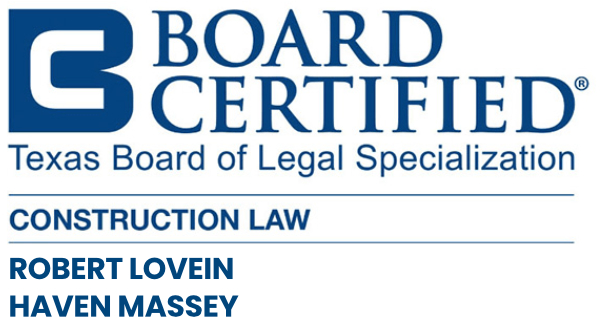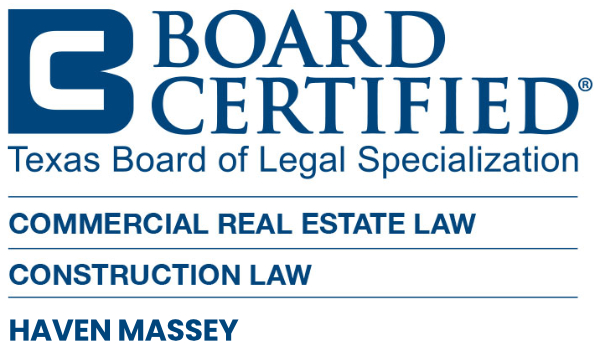As with most areas of the law, the Bankruptcy Code is comprised of a complex set of statutes that can seem daunting and prove challenging for even the most experienced practitioners. Lovein Ribman, P.C. has built its reputation on providing our clients with cost-effective, creative, and efficient solutions to some of the most challenging legal problems in the industry. Whether you are a debtor considering filing bankruptcy, a business in need of reorganization or restructuring advice, or a creditor in need of representation and guidance throughout the bankruptcy process, the attorneys at Lovein Ribman, P.C. are experienced, knowledgeable, and capable in handling insolvency-related matters whenever they might arise. To discuss your options, contact us by submitting the Contact Form or by calling us at (888) 368-2483 to talk to one of our bankruptcy attorneys.
Negotiating Debts Outside of Bankruptcy
There is no law that prohibits parties from renegotiating the terms of a debt, contract, or other liability or obligation outside of bankruptcy. In fact, the renegotiation and restructuring of debts outside of bankruptcy is fairly common. As a matter of general expedience, a creditor is more likely to receive payment of all or part of its debt more quickly than if the debtor files bankruptcy, which by imposition of the automatic stay, will halt all collection efforts upon filing of the bankruptcy petition. Additionally, as a matter of expense, it can be cost-prohibitive for a creditor to file a lawsuit or pursue claims against a debtor in bankruptcy, whereas if the creditor is willing to work out a repayment plan with the debtor, it allows the debtor to continue operating without having to file for bankruptcy, which in turn should increase the chances that the debtor will be able to repay its debt(s). The considerations and issues that should be addressed when determining whether a reorganization or repayment plan should occur out of court or under court supervision are numerous and should not be undertaken without the experience and guidance of an experienced restructuring attorney.
Work-Out Plans
A work-out plan is an alternative arrangement for the repayment of a debt or debts between a financially-distressed debtor and its creditor(s) that occurs outside of the bankruptcy process. In lieu of bankruptcy and/or the exercise of the creditor’s remedies—such as filing a lawsuit, repossession, or foreclosure—a creditor may elect to work with a financially troubled debtor for repayment of a debt, rather than against it. Typically, the primary goal of a work-out plan should be to improve the debtor’s financial condition while also providing assurances to the creditor that the debtor will repay its debt(s). An example of a fairly common work-out plan would be for a creditor to extend additional credit or advance new funds in exchange for the pledge of new collateral, which in turn, improves the creditor’s position while also increasing the chances of making the debtor’s business viable.
Is an Out-of-Court Reorganization or Work-Out Plan Right for Me?
In most cases, it is more advantageous for a creditor to work with a financially-distressed debtor than pursue other remedies, such as foreclosure or bankruptcy. However, when the economics of the situation are such that an out-of-court workout will not be feasible, bankruptcy is likely the better option. The first step both parties must take before committing to anything is evaluate their position. For a creditor, it must evaluate and understand its exposure. For a debtor, it must be able to provide assurances to the creditor that it will be able to repay its debt(s), which may include pledging collateral or making a personal guaranty to provide assurances that the debt will be repaid.
Before deciding whether to pursue an out-of-court reorganization or work-out plan, the creditor and debtor must both first perform an honest evaluation of the debtor’s financial condition, including taking inventory of its assets, liabilities, incomes, expenditures and other related financial affairs. The attorneys at Lovein Ribman, P.C. use our collective knowledge of insolvency-related matters to provide guidance and assist in counseling our clients in all matters related to financial restructuring, loan workouts, reorganization efforts, debt management, and other related risk management matters. Our goal, whether pursuing liquidation or reorganization, is to carefully prepare, provide, and implement a plan that is strategically-tailored to the needs of our clients and the situation at-hand.
















